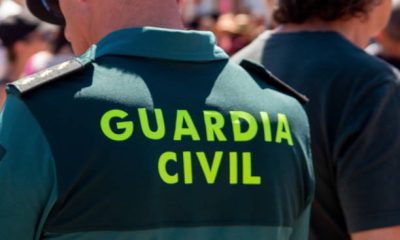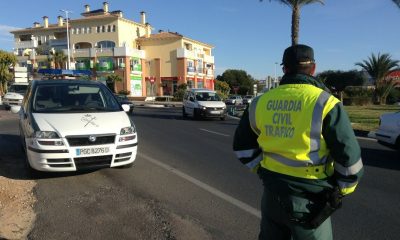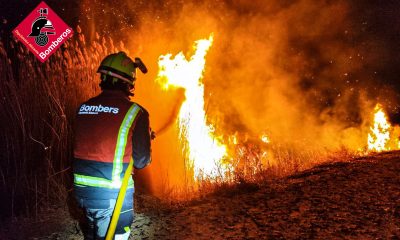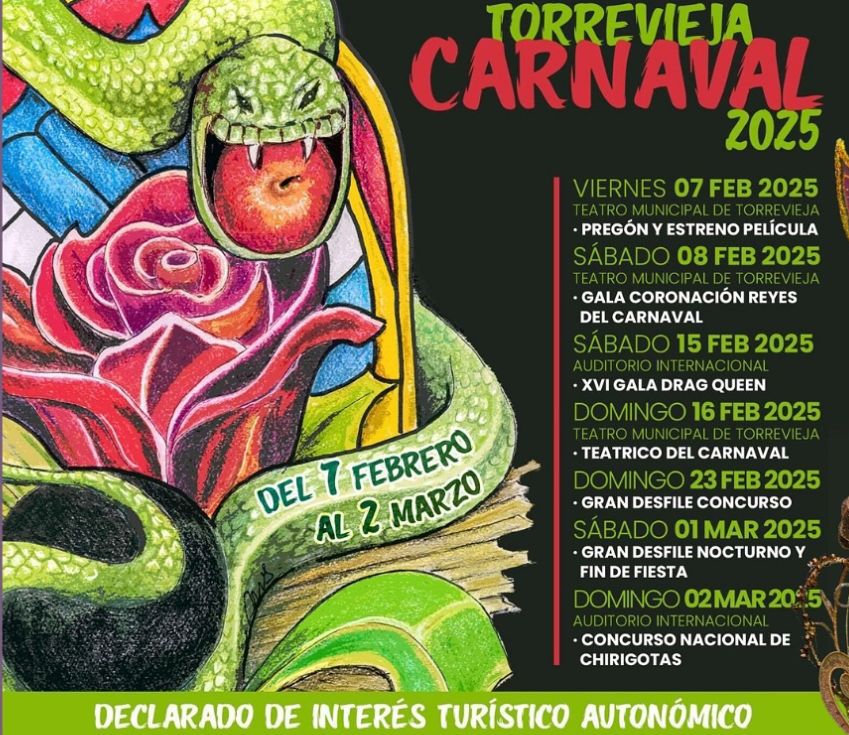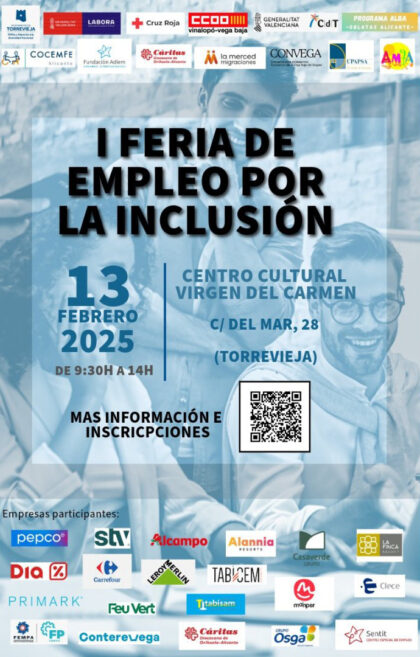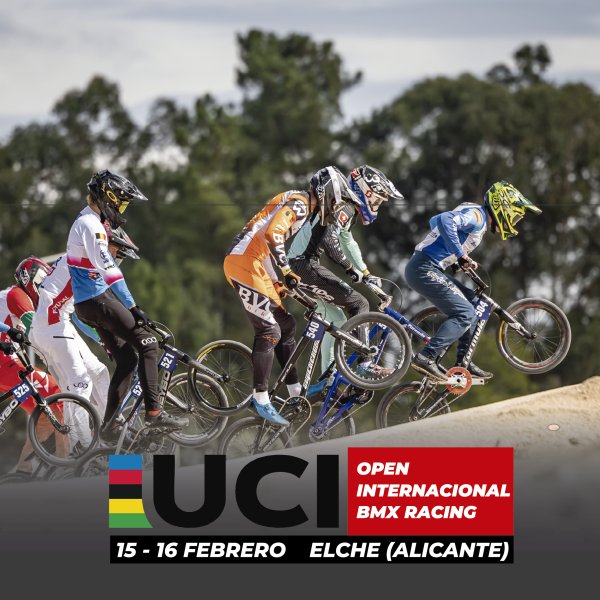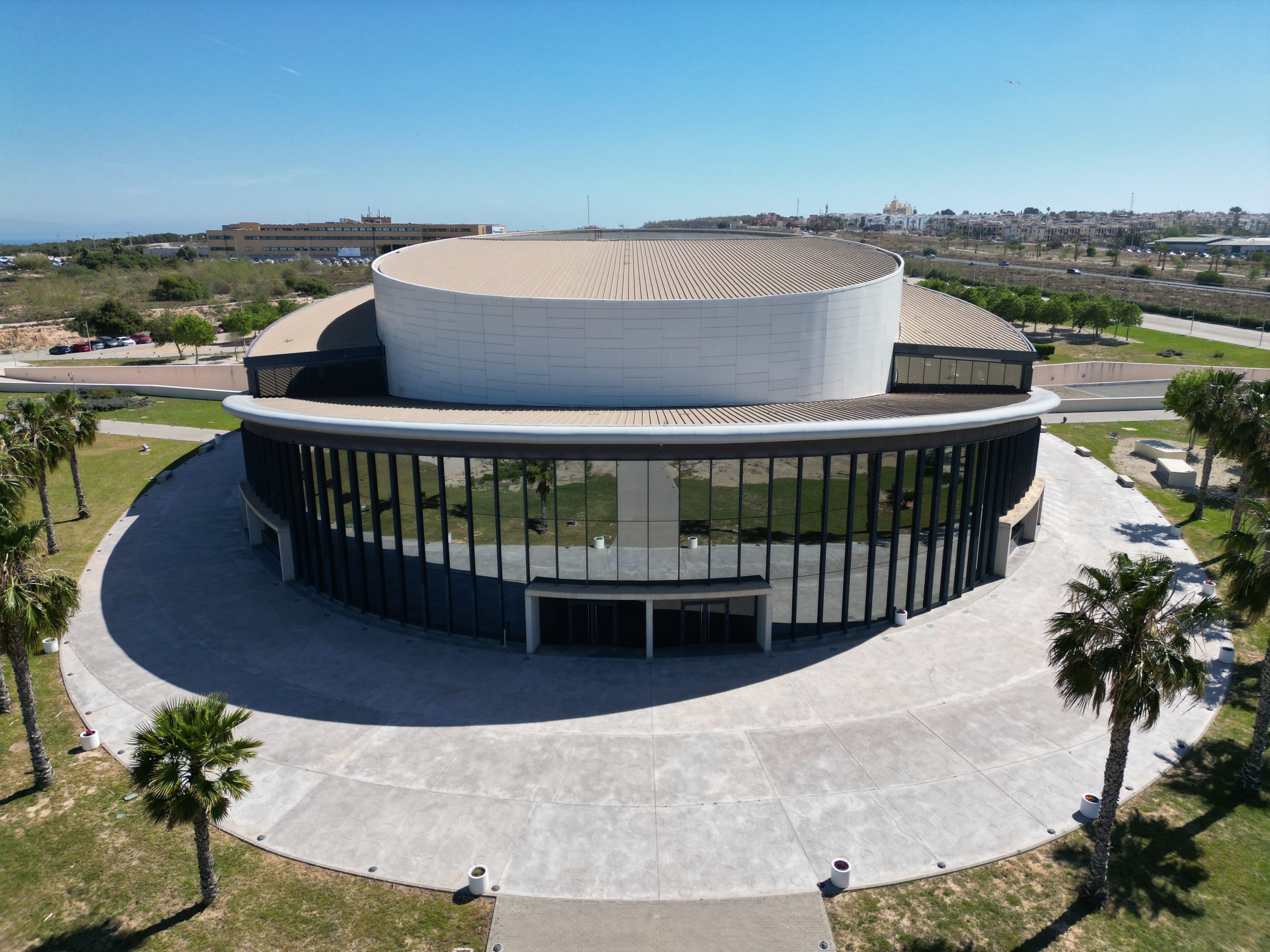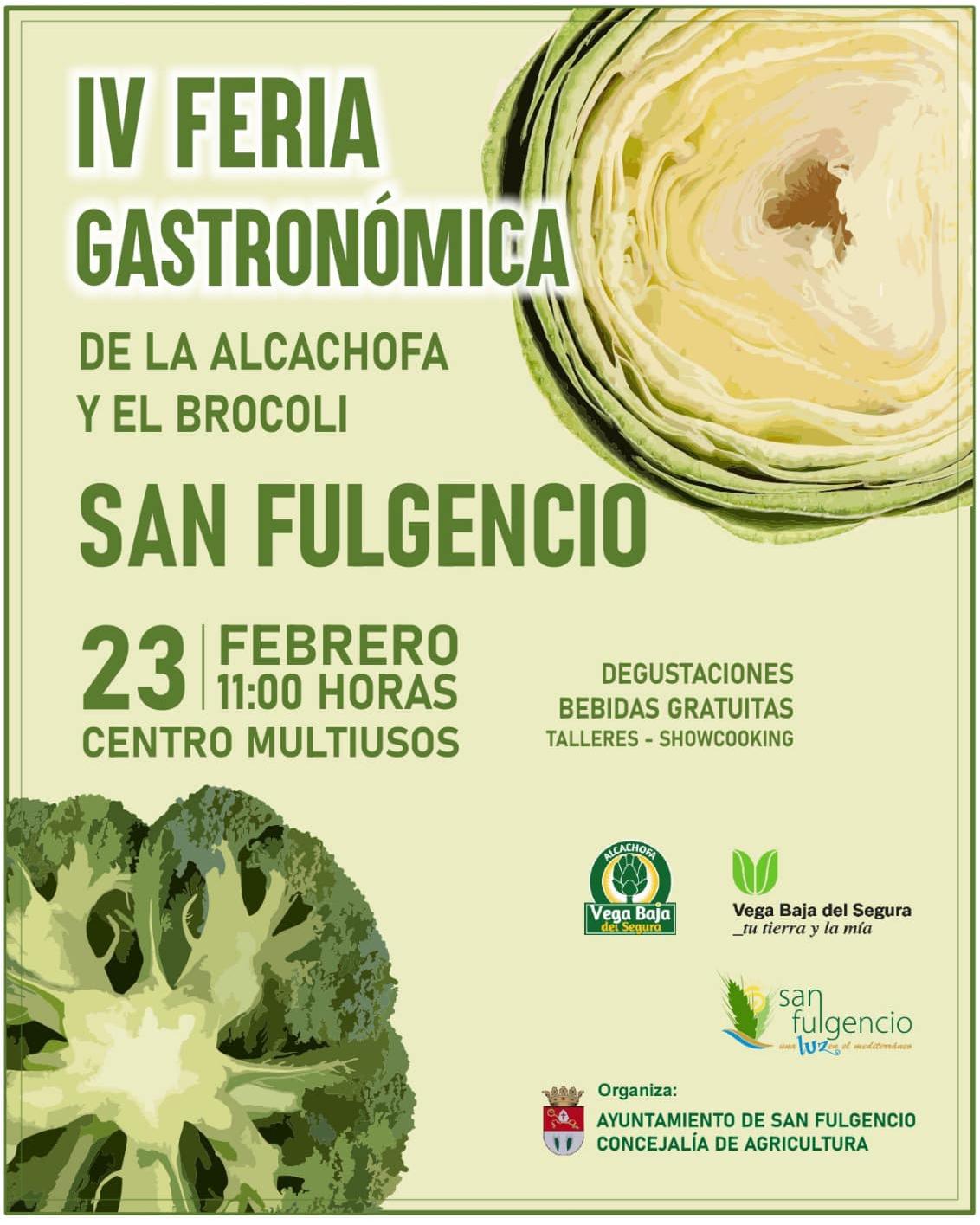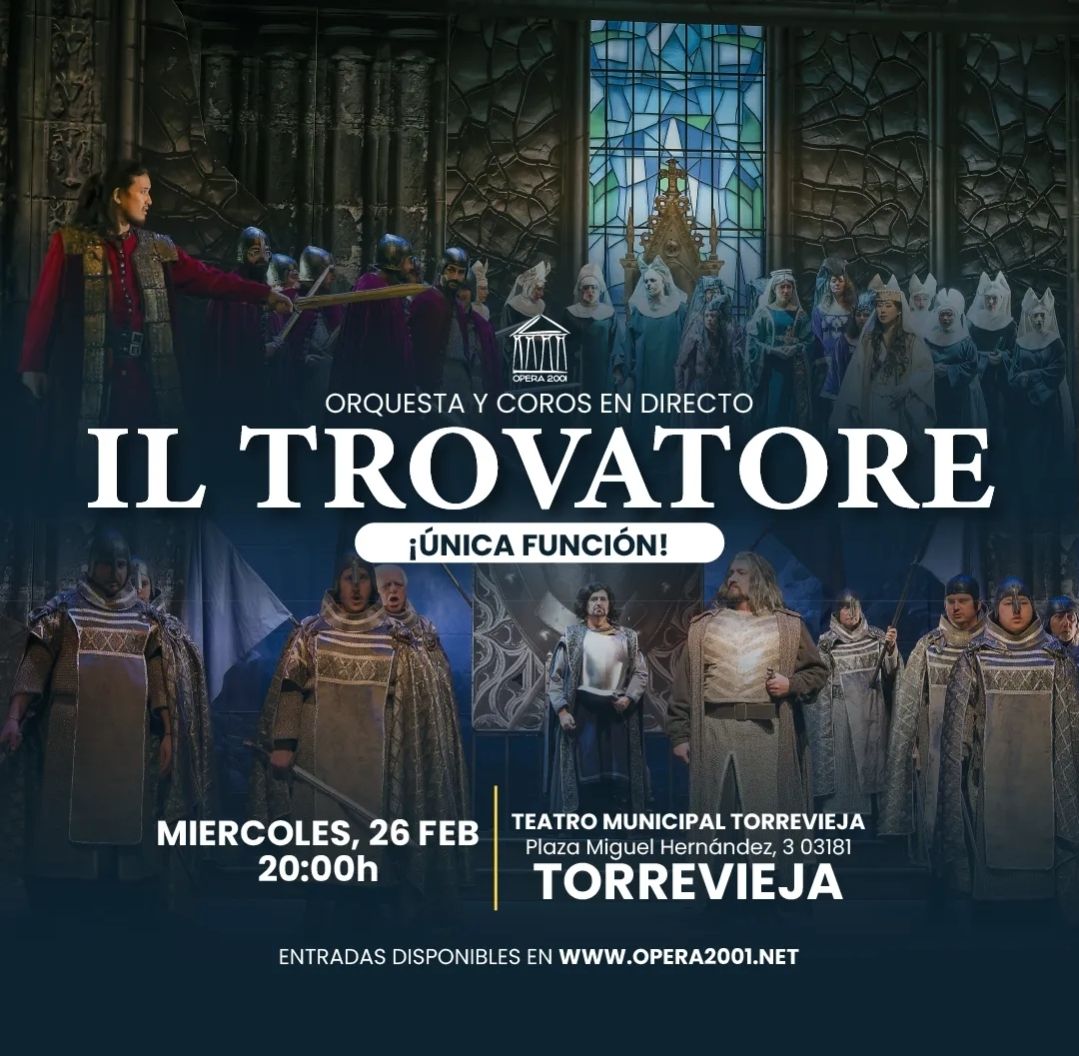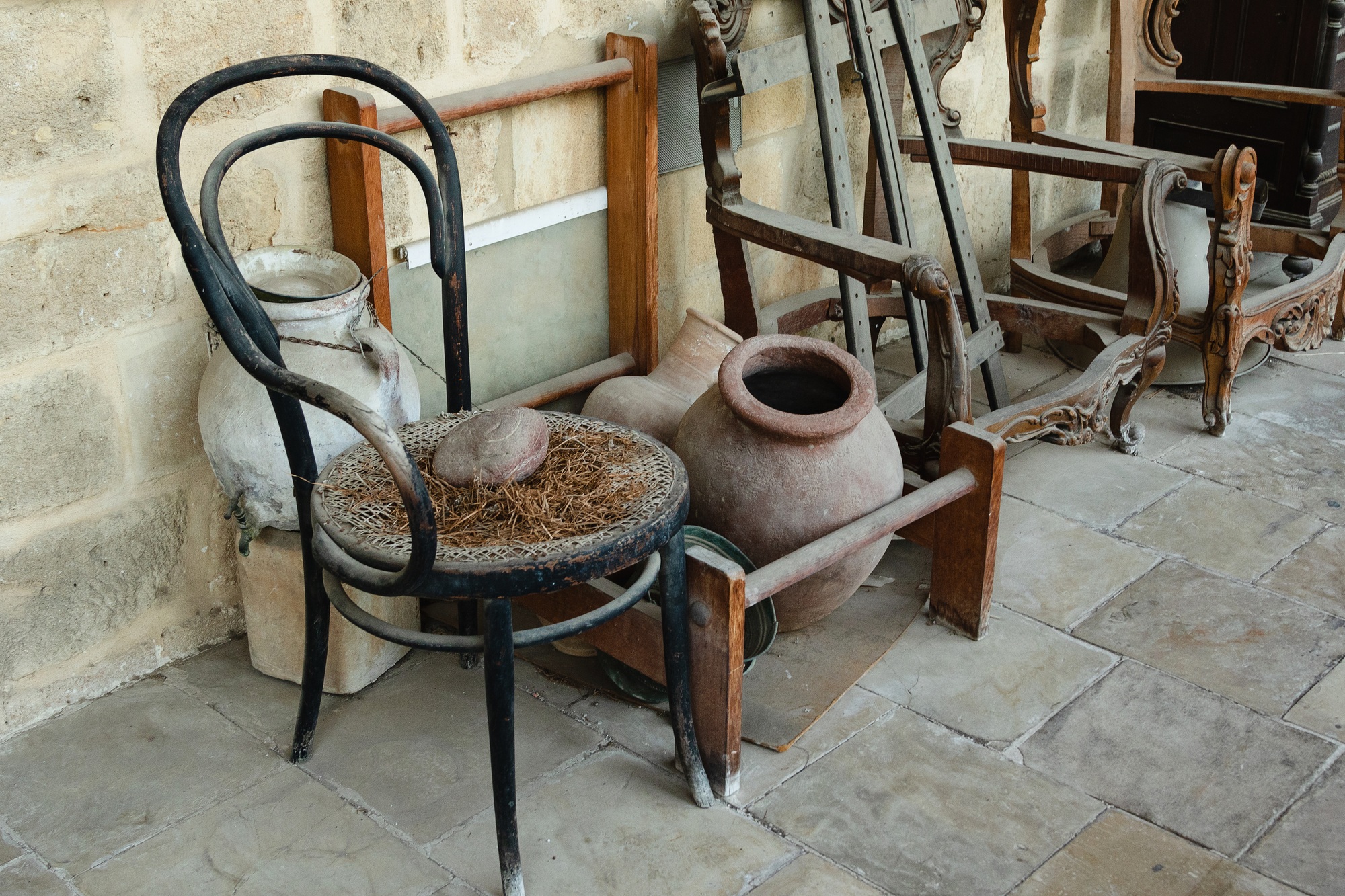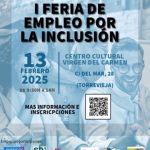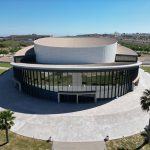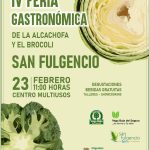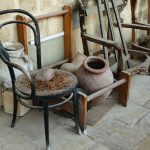Costa Blanca
Birth rate at all time low in Alicante

According to the research The Cost of Parenting by Save the Children, the average monthly expense for raising a son or daughter in Alicante and the Valencian Community in 2024 is 839 euros, which is 18% more than in 2022. Motherhood and fatherhood have become financial burdens for many families due to inflation, rising house prices, and utility price increases.
Birth rates, meanwhile, are still declining. The region’s rate of 1.19 children per woman is one of the lowest in Europe, indicating a widening disparity between the desired and actual birth rates of children. Almost half of women who did not have children would have like to have more, and 20% of women over the age of 40 who already had children would have preferred to have more, according to the CIS Survey on Fertility, Family and Childhood.
The cost of raising a child is skyrocketing: why is this the case?
Important commodities and services have been severely impacted by inflation, according to Save the Children. There has been a 67% increase in home supplies and a 25% increase in food since 2022.
A staggering 45% of youngsters now reside in households that are severely unable to handle unforeseen costs; this number has increased by 4% in the past two years alone.
The three most expensive items since 2022 have been food (up over 25%), housing (up over 67%), and household supplies (up over 67%), which is a major aspect in the economic burden.
Particularly at risk are homes headed by a single parent, as the report notes. One study found that among the over 66,000 homes in the community headed by a single mother, 67.5% were at danger of poverty or social exclusion.
Director of Save the Children in the Valencian Community Rodrigo Hernández says that women’s capacity to afford the costs of having children is directly affected by their unstable employment situations and bad working conditions.
In relation to age, what is the average cost of raising a child?
Monthly costs associated with raising a child rise steadily when they enter puberty and continue to fluctuate throughout their formative years.
This is the age-based monthly expense for each child: Between the expenses of the nursery, home adaption, and food, the total cost approaches 650 euros for children aged 0 to 3. A bit more, up to 759 euros a month, between the ages of four and six. The anticipated monthly cost is 846 euros up until the age of 12, mainly because food prices go up and furniture needs to be replaced. The peak price point, at about 967 euros, occurs between the ages of 13 and 17. Spending on entertainment, apparel, and electronics rises at this point. “With adolescence, the cost shoots up: leisure is more expensive, children no longer play with toys, but with electronic devices, and food continues to increase,” the survey notes.
Adding insult to injury, the expense of housing is on the rise. From 2022 to 2018, the cost of housing and utilities increased by 67% and 84%, respectively.
Reversing the birth crisis requires greater public assistance.
In light of this, Save the Children maintains that public policies should be strengthened to assist in child raising. Among its suggestions are the following: a universal benefit for dependent children, mimicking programs in other European countries; streamlining the Valencian Income for Inclusion (RVI) to make it easier for more families to receive aid without bureaucratic red tape; and adjusting the aid to reflect the current economic reality, making sure that financial assistance truly covers the expenses of raising children.
The chance to ensure the rights of the most vulnerable children has presented itself with the reorganisation of the RVI, Hernández says.
Discover more from Costa Blanca Daily
Subscribe to get the latest posts sent to your email.
Costa Blanca
With the most insane course of the year, Survivor Race: The Extreme Test arrives in Alicante
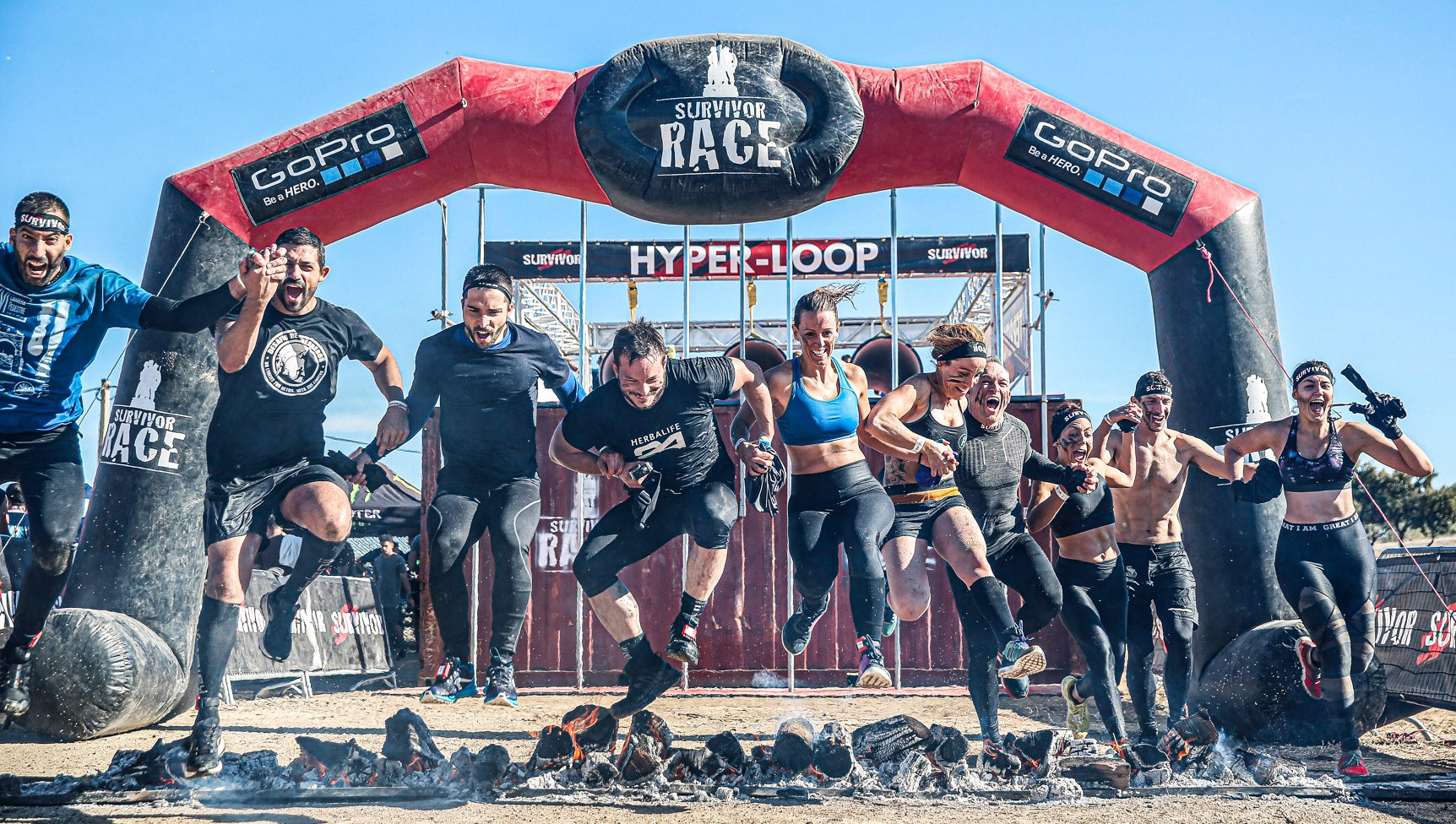
The Survivor Race obstacle course is made for people of all skill levels, from novices to those who take their training seriously. The obstacle course, which drew over 4,000 people to Alicante in 2024, is making a comeback to the city with the goal of changing your mindset and way of life.
In Survivor Race, participants can choose from three different distances and compete either individually or in a group.
Distances and categories
There will be two categories available on the first day:
HUMAN 6K: 20 difficulties over six km
HERO 10K: ten kilometres with twenty-five challenges
The following choices are available on the second day:
HUMAN 6K: 20 difficulties over six km
XPLORER 3K: a three-kilometer course with fifteen obstacles that is perfect for novices
Either you or a group of ten or more people can take part. The latter option offers a 10% registration discount to each participant.
Regardless of whether you decide to join a group or not, each registration is completed separately. Everyone just needs to sign up for the same distance and departure time in order to travel together.
Why take part?
The race organisers say that “Survivor means waking up in the morning and feeling capable of overcoming all the obstacles we encounter every day, whether alone, as a couple, with friends, or family.” Therefore, this event provides a way for personal growth and friendship in addition to being an enriching experience.
Where and when?
Prepare for the most amazing obstacle course of the year on Saturday and Sunday April 12th and 13th, which is celebrating its tenth anniversary with an event that guarantees excitement, difficulty, and a tonne of fun. The event’s website is currently accepting registrations for the event, which will be held on Avenida Jaime I in Alicante.
Formal training sessions
To assist you be as ready as you can and get to know the attendees, the event organisers provide official pre-race training. On the Survivor Race website (see below), you can register for Survivor Workout.
Survivor Race Volunteering
Volunteers are welcome to join up to assist with race organisation. In addition to a pack of t-shirts, caps, and backpacks, you will also get free registration to take part in a Survivor Race, as well as food, beverages, and snacks.
Although you can select your role on the registration form, your responsibilities will include setup and breakdown, participant assistance, and organisation.
For more information see the website here https://survivor-race.com/workout/
Discover more from Costa Blanca Daily
Subscribe to get the latest posts sent to your email.
Costa Blanca
Alleged murderer of his stepdaughter tells her mother: “Go up to the house, the girl is sleeping”
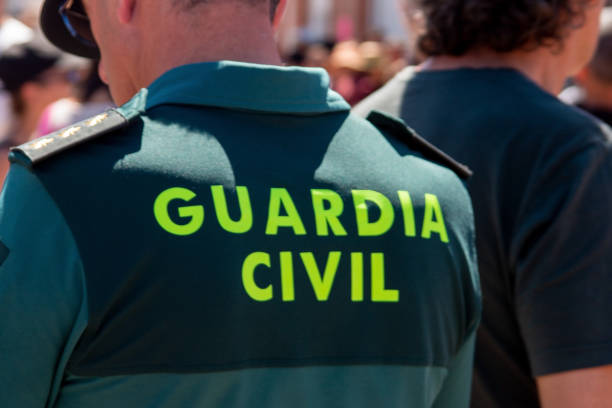
Jesús JG, also known as Suso, is suspected of killing Nadia, his ex-partner’s adopted 5-year-old daughter, in a Murcia home. He also called his ex-girlfriend and his own mother.
It was the mother of the suspect who found the dead body. Later, she said that her son had contacted her while she was out at a pub with two friends, asking her to come over to the apartment since the girl was “sleeping” and he needed to go so she wouldn’t be left alone. When his mum got home after listening to her son, she discovered the girl in the bedroom “foaming at the mouth,” albeit still alive. Then she dialled 911.
When paramedics arrived on the scene in a 061 ambulance, they made numerous unsuccessful attempts to resuscitate the girl. The young girl passed away in one of the house’s bedrooms. Her remains were left there until shortly after 9:30 p.m., at which point permission was granted to take them out and deliver them to the Murcia Institute of Forensic Medicine.
Suso posted pictures of himself putting the girl on his shoulders while they play or eat together on social media, giving the impression that they are father and daughter. Hours after the crime, the person was taken into custody in Torrevieja.
Drug-related issues
Police were also informed by the suspect’s mother that her son had struggled with drug addiction for many years.
Along with a dozen close friends, Suso’s ex-partner Ramona participated in the minute of silence outside Murcia City Hall in remembrance of Nadia, whom she had reared and had custody of. Isabel, Ramona’s cousin and the biological mother of tiny Nadia, was also outside the hall’s doors.
Discover more from Costa Blanca Daily
Subscribe to get the latest posts sent to your email.
Costa Blanca
16 arrested in Spain for paying for access to a website that featured child pornography

16 people have been arrested by Spain’s National Police for using cryptocurrency to buy access to a child pornography website on the dark web.
38 nations have participated in this global investigation, which is being directed by Germany and coordinated by Europol. As a result, 1,393 people have been identified, and 79 people have been arrested. Some of the individuals who were arrested also mistreated children. According to a statement from the National Police, the investigation is still ongoing.
Alicante, Almeria, Barcelona, Jaen, Las Palmas, La Rioja, Madrid, Malaga, Murcia, Orense, Seville, Tarragona, Santa Cruz de Tenerife, Valencia, and Zaragoza are among the Spanish cities where arrests have been made.
By hiding users’ identities and functioning as a social network, the dark web—particularly the platform under investigation within the TOR network—made it possible to buy and share illegal content.
With 91,000 videos and almost two million members, it was expanding at a rate of three videos every hour. While full films had to be paid for with cryptocurrency, initial access was free. Additionally, there were rewards for rating already-existing content or creating original stuff.
Despite the anonymity of cryptocurrency, German authorities were able to identify the buyers by cracking into the server and tracking down the payments. One person in Spain uploaded a video, and 17 others had bought content.
The National Police claim that people who purchase the content have a higher level of criminal dedication and sophisticated search techniques for illicit materials.
One of those detained in Spain was a student of computer technology who served as a distributor and had access to other platforms of a similar nature.
A detained individual in Alicante was also discovered to be a drug trafficker in possession of 700 ecstasy pills and €42,000 in cash. Several people who were arrested in Barcelona and Madrid had evidence of payment and child pornography. A suspect in Malaga confessed to the crime. A dentist in Murcia used a USB flash drive to save files.
Devices holding illegal material and proof of purchase were discovered in Almería, Orense, Seville, Tarragona, Tenerife, and Zaragoza, leading to additional arrests. One suspect had left Valencia for Paris. Another suspect in Jaén was looked into but not taken into custody. 39 minors were granted protection, and almost 3,000 electronic devices were seized globally.
Europol’s largest anti-child sexual exploitation operation was called Operation Stream. Spain, Germany, France, the United Kingdom, and the United States were among the thirty-eight participating nations. One of the world’s biggest networks for disseminating paedophile content was severely damaged by this operation.
Discover more from Costa Blanca Daily
Subscribe to get the latest posts sent to your email.
-
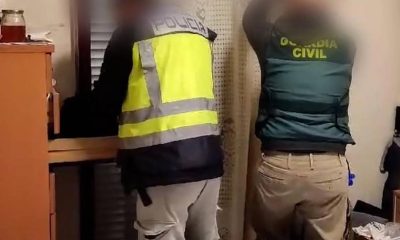
 Costa Blanca2 weeks ago
Costa Blanca2 weeks agoIn Alicante, a criminal group that specialised in robberies at pharmacies and banks has been dismantled
-
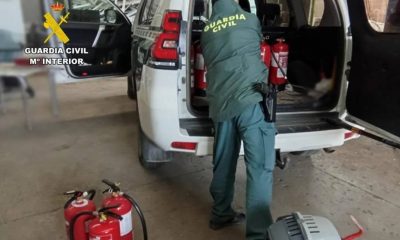
 Costa Blanca2 weeks ago
Costa Blanca2 weeks agoMan stole fire extinguishers to sell as scrap metal
-
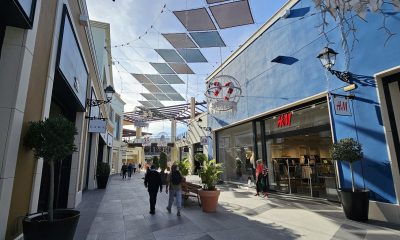
 Costa Blanca2 weeks ago
Costa Blanca2 weeks agoElche’s H&M shop closing
-
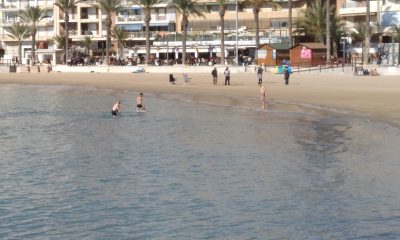
 Costa Blanca2 weeks ago
Costa Blanca2 weeks agoTorrevieja beach bars placed out to tender, but they won’t open until summer
-
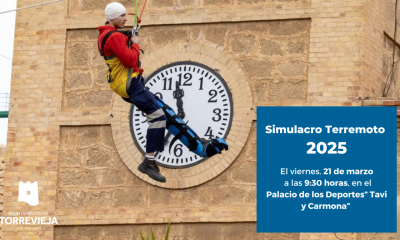
 News2 weeks ago
News2 weeks agoTorrevieja earthquake simulation CANCELLED
-
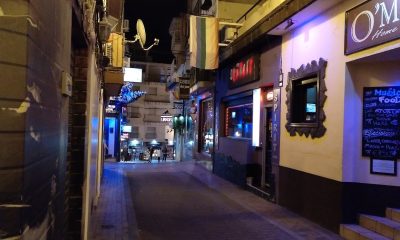
 Costa Blanca2 weeks ago
Costa Blanca2 weeks agoSticky Vicky’s daughter quits mum’s iconic Benidorm show
-

 Costa Blanca2 weeks ago
Costa Blanca2 weeks agoElche sets the regulations for riding bicycles and e-scooters
-
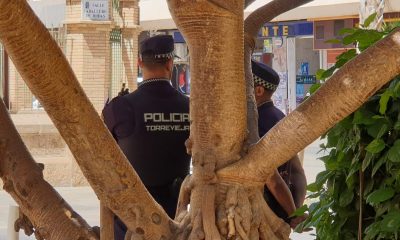
 Costa Blanca2 weeks ago
Costa Blanca2 weeks agoEarthquake drill about to start in Torrevieja



